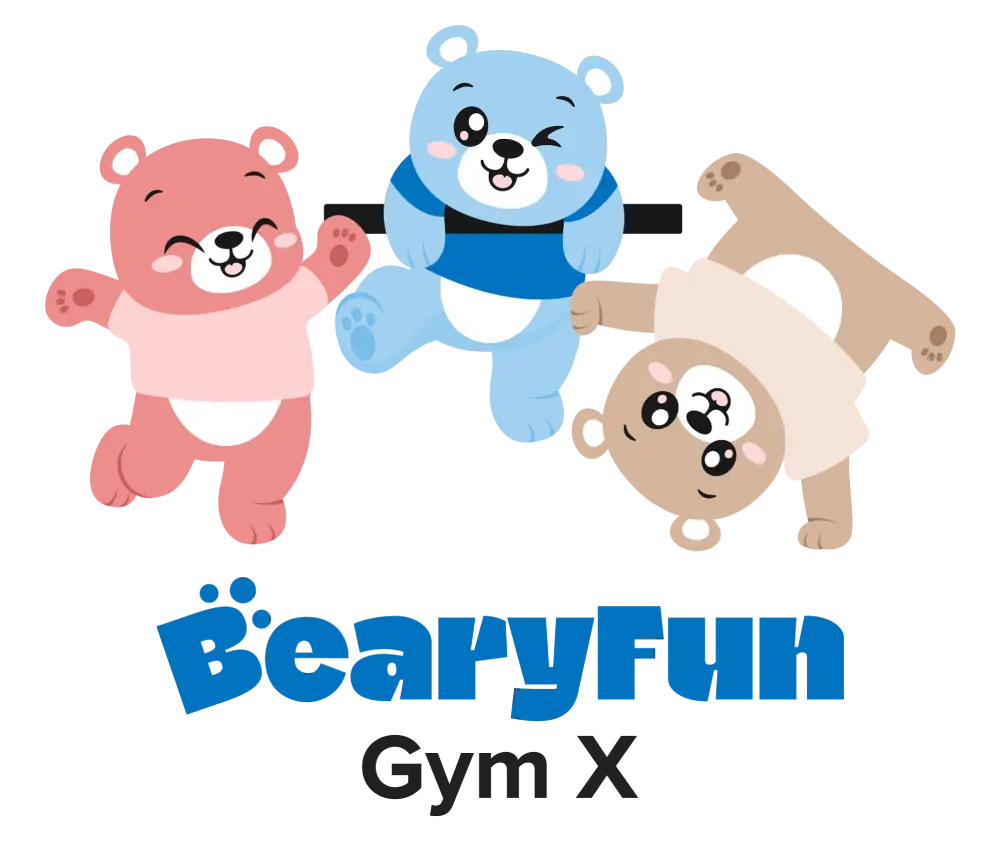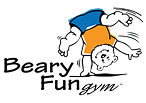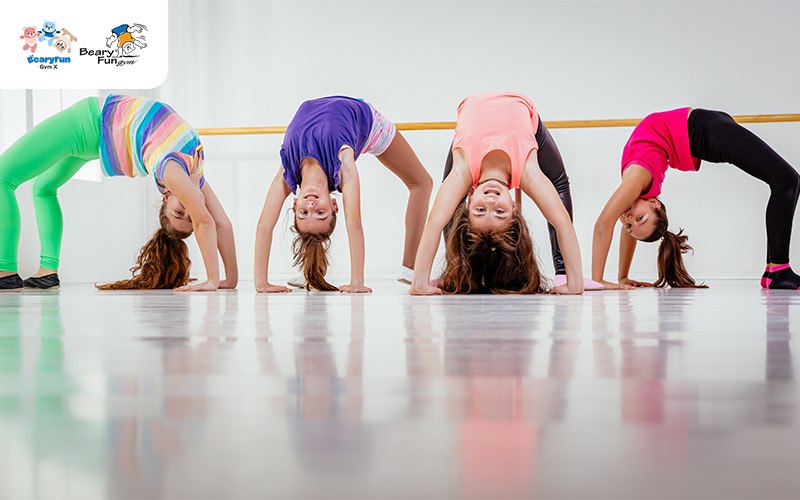Key Takeaways
- It is important for children to develop essential skills like balance, coordination, and fine motor control in their early years
- How well your child learns, performs everyday tasks, and regulates their emotions is dependent on the development of those skills.
- Purposeful, movement-based sports like gymnastics are highly effective in nurturing motor and cognitive skills.
When we talk about child development, academics and language milestones often come to mind first. However, before children can hold a pencil, write neatly, or sit through a lesson, they must first master the essential link between physical movement and mental processes. These abilities are known as psychomotor skills, and they are one of the most important building blocks of early childhood.
As parents, it is only natural that you would want to seek the best start for your children, and it is important to place equal emphasis on their psychomotor growth as you would their academic readiness. With that in mind, let’s explore what these skills involve, why they matter, and how activities like gymnastics for kids provide the perfect platform to strengthen them.
Understanding Psychomotor Skills
Psychomotor skills refer to the connection between mind and body, where thinking and movement work together to achieve control and precision. For a child, this might look as simple as running across a playground without tripping, catching a ball with both hands, or learning how to use a pair of scissors.
They cover a wide range of abilities, including:
- Motor coordination, the ability to control balance and movement
- Cognitive skills that help children remember sequences and follow instructions
- Body awareness, which is the recognition of how one’s body moves through space
When these psychomotor skills are well developed in early childhood, children find it easier to perform everyday tasks, including dressing themselves, writing in school, or joining in a game of tag with friends.
How Gymnastics Nurtures Psychomotor Development
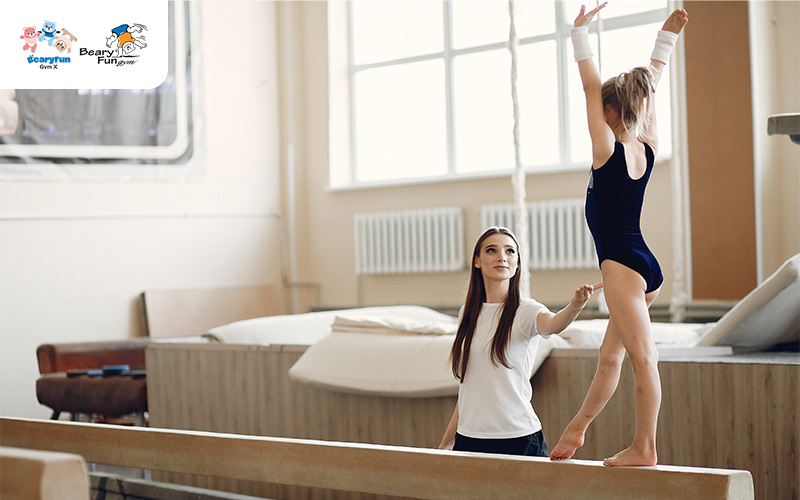
One of the most effective and enjoyable ways to build these abilities is through gymnastics for toddlers and young children. Unlike traditional classroom learning, gymnastics allows kids to explore movement in a structured but playful setting.
Through climbing, jumping, balancing, rolling, and rhythmic play, children strengthen both their bodies and their brains. These activities promote stronger connections between physical control and mental focus.
Here are some of the ways gymnastics supports psychomotor growth:
Supports Motor Coordination
In a gym setting, children practise activities that improve balance, hand-eye coordination, and spatial awareness. Whether they are walking across a low beam or tossing a ball into a hoop, they are constantly fine-tuning their ability to control and adjust their movements.
Enhances Cognitive Skills
Following step-by-step instructions, remembering a routine, or solving movement challenges all improve focus and memory. These experiences help children develop better attention spans and problem-solving abilities, both of which are key for school readiness.
Builds Body Awareness
With repeated practice, children gain a clearer sense of how their bodies move in different directions and at different speeds. This body awareness not only reduces the risk of injury but also allows them to move more confidently in daily life.
Improves Emotional Regulation
Physical challenges in the gym teach patience and perseverance. For instance, when a child learns to balance on a beam after several tries, they gain a sense of accomplishment and a boost in self-esteem. At the same time, the process of working through failure encourages them to remain calm and try again, building resilience that will serve them well even outside the gym.
Strengthens Fine and Gross Motor Control
Gymnastics drills target both large movements, such as jumping and climbing, and smaller controlled actions, like gripping equipment or balancing on one foot. Together, these activities support both fine and gross motor development, making it easier for children to handle tasks ranging from writing to sports.
Why It Matters in Singapore
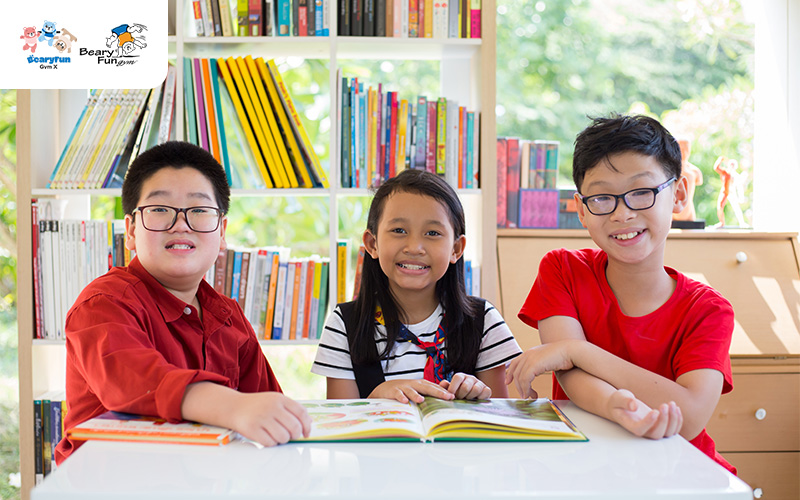
In Singapore, there is much emphasis placed on academic achievements, and while that is not necessarily wrong, we believe that equal importance should be placed on keeping children physically active and building their psychomotor skills. In order to thrive in life, children must find the balance between academics and play.
Enrolling children in gymnastics for kids is not only about preparing them for competitive sport. It is about giving them the confidence, strength, and control to manage everyday life. It also introduces them to the idea that exercise and sports for kids can be enjoyable, allowing them to embrace the joys of physical activity.
Strong psychomotor skills are the foundation of a child’s growth, supporting not only learning and everyday independence but also emotional well-being. Activities that combine physical movement and mental processes, like gymnastics for toddlers, play a vital role in strengthening these connections during the early years.
Here at BearyFun Gym, we believe in nurturing children holistically through movement. Our classes provide a safe, engaging, and enjoyable environment where children can explore, learn, and grow through the wonderful world of gymnastics.
For more information about our gymnastics programmes, facilities, and coaches, please contact us today.
